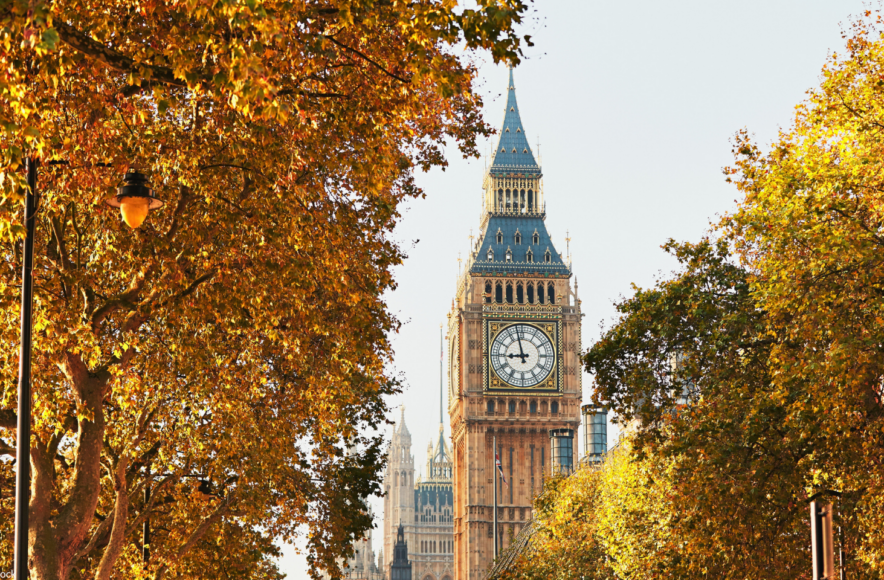A budget of missed opportunities

This budget for me was a chance to be transformational. The tax take needed to be increased to repair the terrible state of public services, but Labour compromised themselves by ‘promising’ not to increase income tax, national insurance or VAT. I will not go over the main budget headlines, and will instead try to give my take on what was announced, and how it will affect disabled people.
Pumping £22bn+ into the NHS without bringing it into the 21st century, nor addressing Social Care by implementing the Darzi Report and making the NHS ‘patient centred’ across the board, it will be the most expensive ‘Band Aid’ sticking plaster in history.
The huge rise in employer’s National Insurance contributions will have to be paid for somewhere and it will likely be in the form of employers reducing the amount of staff they employ, reducing their hours and/or higher prices for consumers.
The markets have already reacted negatively to the budget with higher interest rates levied on 10 year government bonds up to around 4.4%, and a weakening of the value of the pound, both of which are inflationary. This reduces the prospects of interest rate cuts and rather than promote jobs, the NI hike will reduce jobs and will make some self-employed roles unviable. It is a jobs tax and a broken promise made by The Labour Party before the election.
The increasing of the bus face cap from £2 to £3 in England, outside of London and Greater Manchester is short sighted as it is another tax on ‘working people’. That is unless working people do not travel on buses. Raising fuel duty on petrol and diesel vehicles in order to maintain the £2 cap would have been a cheaper option, with additional incentives for electric vehicles. Disabled adults are more likely than non-disabled adults to live in households without access to a car, with myself being an example of this, so I rely on public transport to get around. It seems that raising the bus fare cap by 50%, is penalising the poorer in society whilst allowing those who are better off and have their own transport, a much lower increase than 50%.
Turning to welfare, the government who criticised the Tories’ planned reform of the Work Capability Assessment, are now adopting it, so I fear that many disabled people could lose their disability premiums and be worse off when migrated from legacy benefits to Universal Credit. The push to get more disabled people into work when employers will be stretched by increases in their National Insurance contributions, is laughable. What I would like to see is a system where employers are flexible with disabled employees, so that both parties get the best from each other and that the employer understands the rules and pitfalls of the benefits system.
All we could hear during the election campaign were calls to, “grow the economy. We must grow the economy”. However, the Office for Budget Responsibility’s latest GDP growth figures to 2029 are anaemic with an average of less than 1.6% annual growth. So much for growing the economy…
The dreams of many tenants have been shattered following the decision to reduce the discounts for right to buy. There is the argument that more social housing needs to be built, and the money generated is to be reinvested back into the housing stock and into new supply but how is it fair that those in the Labour Party who benefited themselves from a 70% right to buy discount, would pull up the drawbridge and deny others the same? Many people from poorer backgrounds will now never get onto the property ladder. Changes needed to be made with right to buy as there is a great demand for social housing, outstripped by demand, but rather than using a sledgehammer, a more subtle approach would have been fairer, for example, maintaining the existing discount levels, but capping that maximum discount to a property value of a maximum of £200,000 outside of Greater London and that the right to buy owner must live in the property for 10 years before they can sell the property without incurring any penalty. Just as was the case with the winter fuel allowance cut, the government took a sledgehammer to it, when a fairer, more specific approach would have been better. If the universal winter fuel allowance had been removed, alongside introducing an energy social tariff for the poorest households, including pensioners, it would have been a fairer way of making the change.
Whilst this budget in no way can be compared to the Liz Truss budget of 2022, it is a gamble; frontloading £40bn of tax rises in year 1, hoping that economic growth will facilitate spending in future years. With Donald Trump becoming President elect, he has indicated that he will levy 20% tariffs on British exports to the USA, so this could end up reducing growth in the UK economy. Overall, I found the budget very disappointing. Taxation needed to be raised to fund crumbling public services, but I think this could have been done in a fairer way. Labour in my opinion were wrong to rule out increasing income tax, national insurance and VAT before the election as some will argue that they have raised National Insurance anyway. For me it would have been fairer to reduce the threshold for the 45% tax rate and extend the range at which National Insurance is levied. Other taxes could also have been tweaked, but I accept that making the sums add up is not easy to achieve.
- Ben is a Media Contributor for United Response
These are Ben’s own views and do not represent the views of United Response.